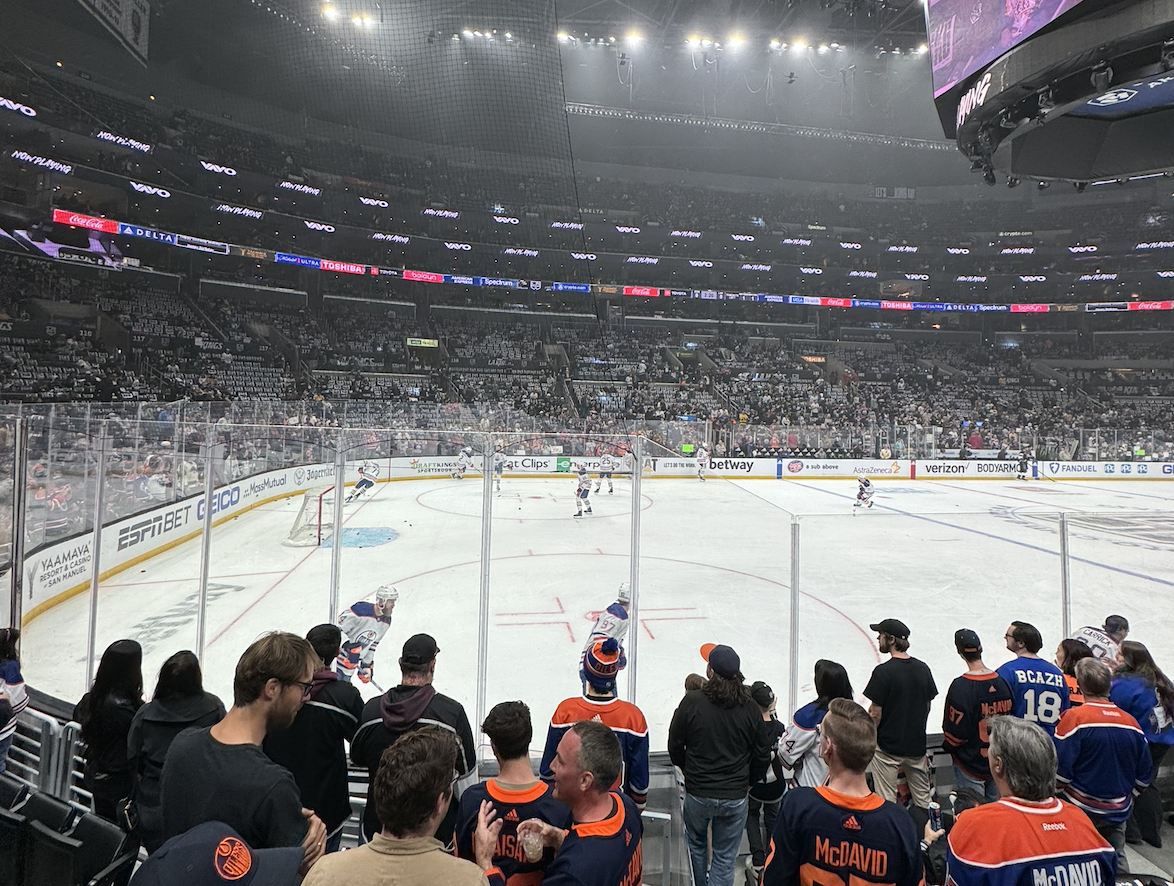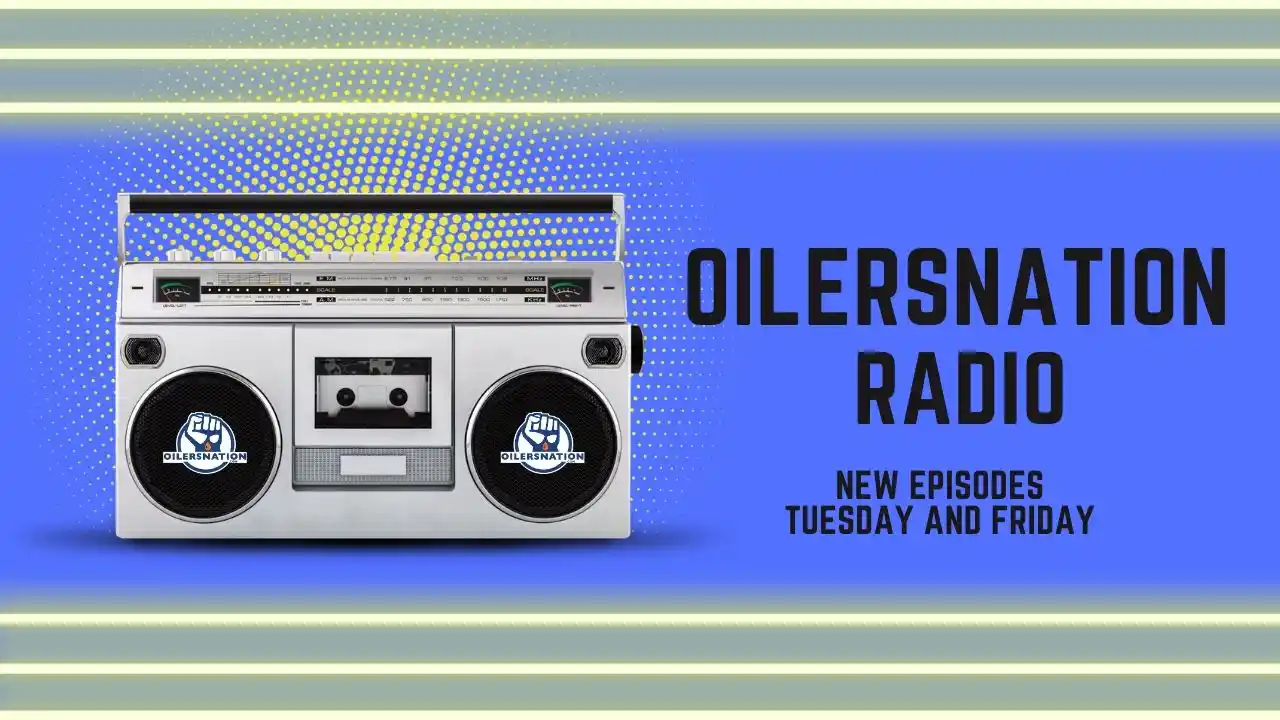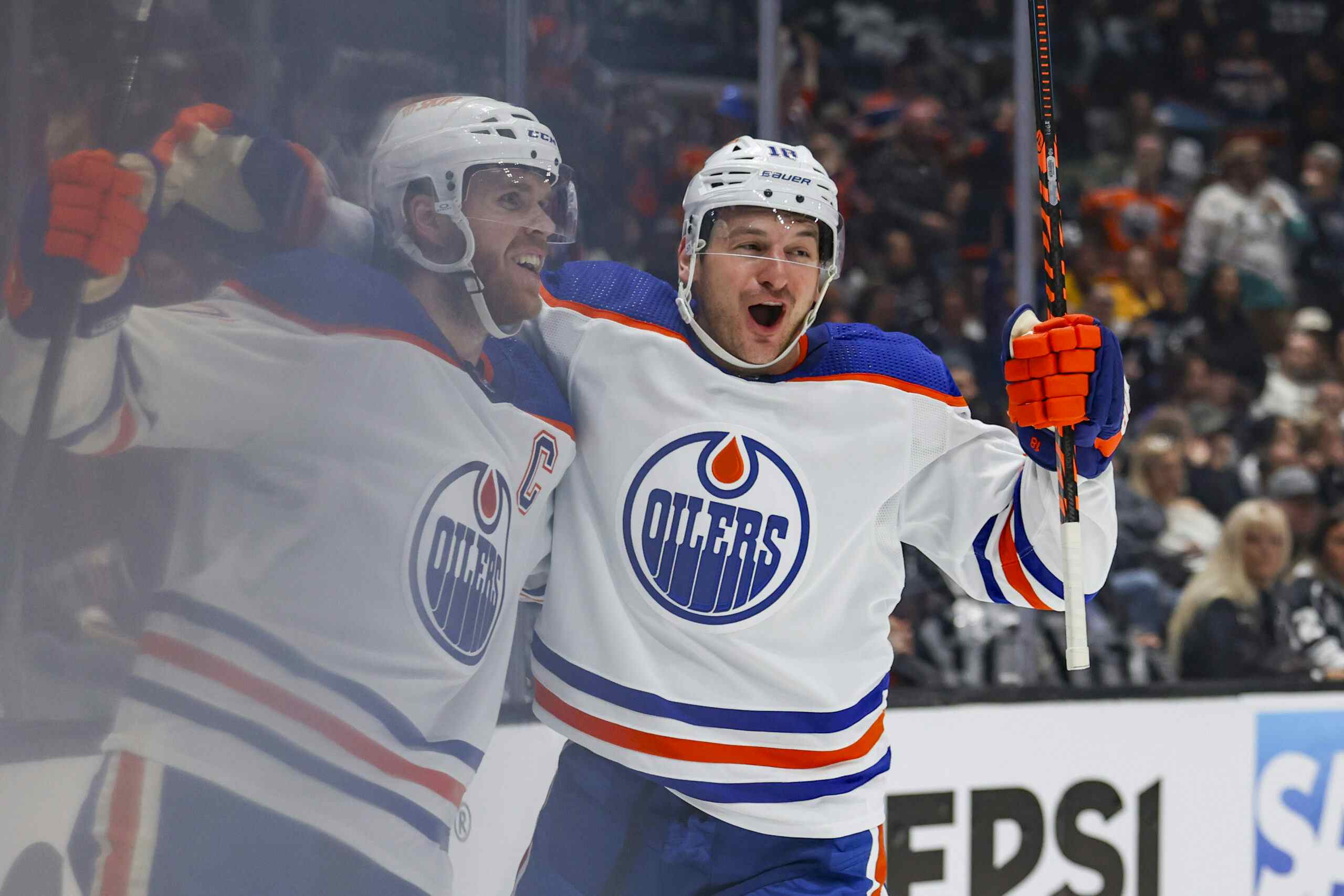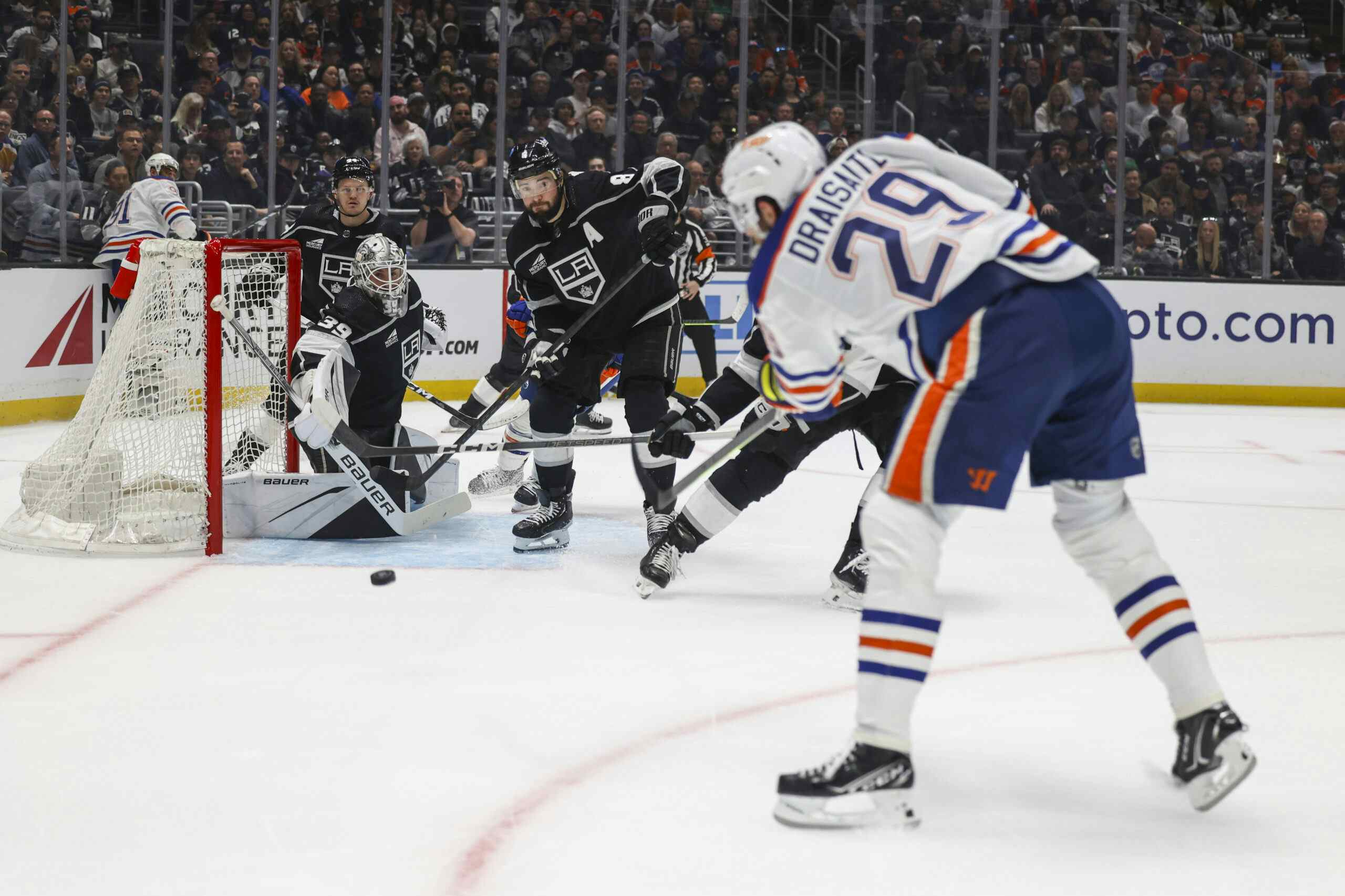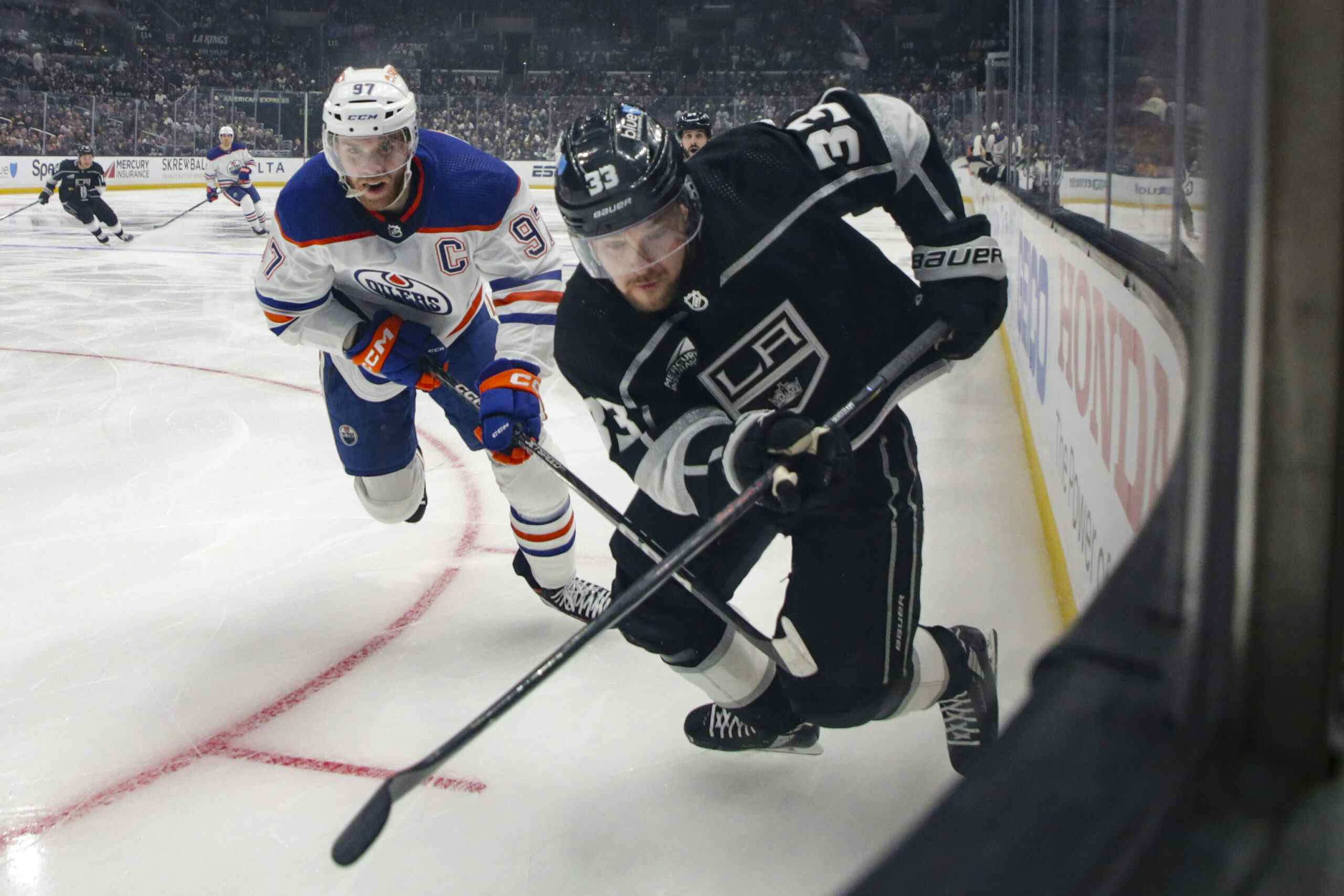ROAD ADVANTAGE, STRANGE DECISION AND TORRES.
By Jason Gregor
12 years ago
The AHL switched the first round of their playoffs from a best-of-seven to a best-of-five this year, but in the process they forced some higher seeds to make a very difficult decision. The OKC Barons will start their series, v. the #8 seed Houston Aeros, on the road, despite finishing first in the western conference. The Barons are one of five teams who faced this dilemma.
This year the AHL reduced their regular season schedule from 80 games to 76, and they also extended their regular season by a week. They did this to cut down on three games-in-three-nights, and it was a wise decision. Playing three games in three nights is tough enough, but it is even harder when some teams had 4-8 hour bus trips between games.
This year the AHL reduced their regular season schedule from 80 games to 76, and they also extended their regular season by a week. They did this to cut down on three games-in-three-nights, and it was a wise decision. Playing three games in three nights is tough enough, but it is even harder when some teams had 4-8 hour bus trips between games.
Fewer games and an extra week to play 76 games was less taxing on the players, but the AHL didn’t want to be playing into the middle of June so they reduced the first round of the playoffs to five games. It makes sense, but there is one catch.
Five of the eight first round series matchups pit teams that are at least eight hours apart (driving), and in the case of Chicago and San Antonio they are 17 hours apart. They will travel by plane for this series. All five of the series are considered "flying" series, so these five series will be played under a 2-3 format. The higher-seeded team has the option of either playing the first two at home, and next three on the road, or they can start on the road for two and have the final three games at home.
Tough decision.
In the Barons case, building availability played a small part as well, but the Barons ended up opting to start in Houston tomorrow and Friday, and then play at home Sunday, Tuesday and Wednesday if necessary. However, when you look at what the other four teams in the same boat as OKC chose to do, I’m not sure building availability was much of a factor.
Norfolk was #1 in the east and they opted for two at home and three on the road. They’ve won 28 consecutive games (not a typo, 28 freaking games in a row), so I’m sure they are confident they will sweep at home, but if they don’t, they’d have to win two of three on the road to win the series.
The remaining three "higher seeded" teams have decided to start on the road.
The 2nd seed in the east, St. Johns, will play the first two games in Syracuse and then finish the series at home.
The #3 and #4 seeds in the west, Chicago and Abbotsford, also elected to start on the road and finish with three home games.
The Barons and the other three teams still technically have "home ice advantage" because they have more home games scheduled, but it doesn’t seem quite as comfortable as starting and ending a series at home.
The three series that involve teams within close proximity of one another will use the traditional 2-2-1 format.
I asked OKC head coach Todd Nelson his thoughts on the first round. "We’ve been a very good road team all year, so we elected to start the series on the road. It is just another challenge for our team, but we’ve faced many this year and won, so I’m confident we can handle this."
OKC finished their season in San Antonio on Sunday, and instead of driving home and then back to Houston, they went straight to Houston.
It’s interesting to note that four of the five teams opted to start on the road and finish with three home games. We’ll see if they made the right decision.
HOME SWEET HOME…DON’T THINK SO

Through the first 25 games of this year’s playoffs the road team is a dominating 17-8.
The Kings and Flyers are 2-0 on the road. Phoenix, Nashville, Florida, Boston, St. Louis and New York have won the last six games, and all of them came away from home.
Is home ice really that much of an advantage anymore?
It seems to be more of an advantage the deeper you go, but the first round favours the road teams.
Here is how the home team’s fared in last year’s playoffs.
First round: 23-29
2nd round: 10-11
3rd round: 9-3
Finals: 6-1
2nd round: 10-11
3rd round: 9-3
Finals: 6-1
The Bruins won the Cup and they were 10-3 at home. Keep in mind, they lost they their first two home games to Montreal, before winning 10 of 11 in Boston.
In 2010, home ice became an advantage in the later rounds as well.
First round: 22-27
2nd round: 14-13
3rd round: 6-3
Finals: 5-1
2nd round: 14-13
3rd round: 6-3
Finals: 5-1
The Cup winning Hawks went 2-1 in the first round, 1-2 in the 2nd, then 5-0 in the final two rounds.
As the playoffs progress, the dominant teams start to take care of business at home. We shouldn’t be surprised that the road teams are having a lot of success in the opening round this spring because it’s been that way for a few years.

Last night Raffi Torres rocked Marian Hossa. It is hard to defend the hit, because he did leave his feet. It wasn’t a charge, because he was gliding for six feet before contact, but Torres clearly exploded up and into the hit at the end.
Torres has hit this way for years, and despite a few minor slaps on the wrist, the NHL has never punished him, so it is clear they didn’t think his hitting style was that offside. Torres has to be accountable for his actions, but the NHL has never handed him a really stiff suspension, so for me they are just as guilty.
Torres has been suspended indefinitely and will have a hearing on Friday. Until then I’m sure we will see, hear and read a wide array of opinions on how many games he’ll get. I suspect it will be significant, and I’ll be fine with that, but it disgusts me reading opinions from people suggesting this is the worst hit they’ve ever seen. It wasn’t even the worst hit, cheap shot this year.
Torres hits hard and he has for years, but his hit last night wasn’t as bad as what Duncan Keith did to D. Sedin in my opinion.
Keith elbowed Sedin in the head with the intent to seriously injure him. It was a blatant chicken-wing elbow, and we see that play way more than we see Torres’ hits. The problem is the NHL still allows guys to flail elbows at the opponents head.
Torres will pay for his crime, and I’m fine with that, but if the NHL doesn’t decide to ban the chicken-wing elbow then we will continue to see stupid plays and unfortunate injuries.
PARTING SHOTS
-
Had Hossa bounced up right away from that hit, I’m not sure people would be as upset, but the image of him being taken out on a stretcher makes the entire play much worse for people. I understand that, and respect that train of thought, but it also shows how fine of a line the game is played on. I think with the speed of the game it is hard to expect players to play that fast and never make wrong decisions. Torres hit Hossa less than a second after he moved the puck. That is incredibly quick, and when you consider how fast players skate, I truly wonder if it is possible to allow body contact and not expect some collisions to be late or egregious.
I feel the speed of the game has become the most dangerous part. The problem is the speed is what makes the game so exciting. If we slow it down, do we lose excitement? I don’t have the answer, but instead of wasting hours and hours re-hashing suspension talk, or if fighting should be in the game, I think we need to start researching if it is possible to have hockey played at such high speeds and be incident free.
Recent articles from Jason Gregor

